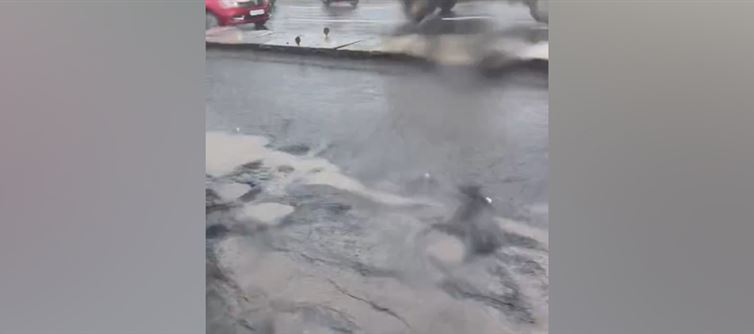
This repeated cycle of "build-repair-rebuild" reveals a dangerous nexus between contractors, engineers, and corrupt officials. Projects are inflated in cost, corners are cut, and inferior materials are used—all so that various stakeholders in the chain can pocket illicit profits. What should have been a durable, multi-decade infrastructure investment has instead become a cash cow for corruption. And the ultimate cost is not just financial—it’s public trust, road safety, and lost taxpayer money. When ₹100 crores of public funds are spent on something that fails within days, it’s not just incompetence—it’s betrayal.
Such incidents point to a larger failure of governance and accountability in public infrastructure across the country. There's rarely a penalty for corrupt builders or negligent officials; inquiries are ordered, reports are shelved, and the cycle continues. In a nation where crores go into flyovers that collapse or crumble within weeks, while essential services like healthcare and education remain underfunded, it’s time for citizens to demand answers. Corruption doesn’t just weaken roads and flyovers—it undermines the entire foundation of democracy and development. Until there is strict punishment for such malpractice and real transparency in public works, incidents like the Vakola Flyover will continue to be the norm, not the exception.




 click and follow Indiaherald WhatsApp channel
click and follow Indiaherald WhatsApp channel